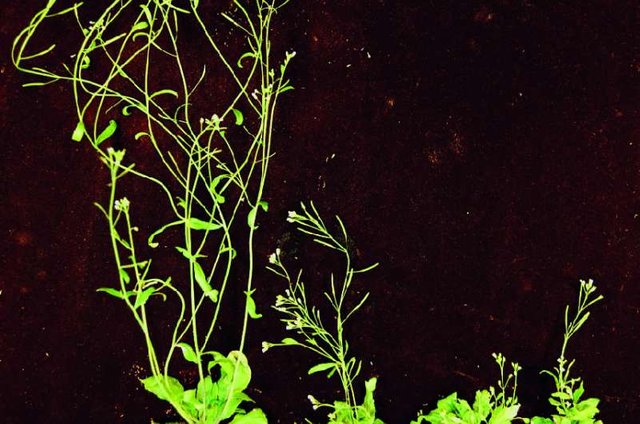According to a research article published by Cell Press, plant specialists explain the mechanism by which plants employ epigenetic reminiscences to adapt to changes in climate. These plants keep a record of environmental pressures in their memory so that if they encounter such conditions again in the future, they will have the ability to respond appropriately. It is noteworthy that these memories are also transmitted to their descendants by the plants.

Plants are facing a growing range of environmental pressures due to climate change. For instance, winters have become briefer and warmer in several regions, necessitating an appropriate reaction from the plants. According to the University of Florence's researchers, numerous plants require a specific duration of cold in order to establish their biological clock, which determines their blooming period. As the length of cold periods has reduced, plants have modified themselves to necessitate a lesser amount of cold exposure in order to postpone blooming. These adaptations permit plants to abstain from blooming during periods when their chances of reproduction are limited.
Since plants do not possess neural networks, their memory relies on cellular, molecular, and biochemical networks. Scientists refer to these networks and experiences collectively as a plant's "somatic" memory, which can be inherited by future generations through epigenetics. These mechanisms enable plants to identify past environmental conditions and react more quickly when faced with similar circumstances. Researchers have identified essential genes, proteins, and small oligonucleotides that previous studies have shown to play a vital role in the memory of abiotic stressors such as drought, salinity, cold, heat, heavy metals, and pathogen attacks. They have cited several instances demonstrating the existence of molecular mechanisms that regulate plant memory to environmental stressors and affect the offspring's adaptation to these stressors.
Researchers have stated that their primary focus is on deciphering the epigenetic code responsible for all genetic modifications induced by the environment, without any alterations to the DNA sequence. This is particularly crucial in light of the rapid climate change we are currently experiencing, as all living organisms, including plants, must adapt quickly in order to survive.
Reference articles: